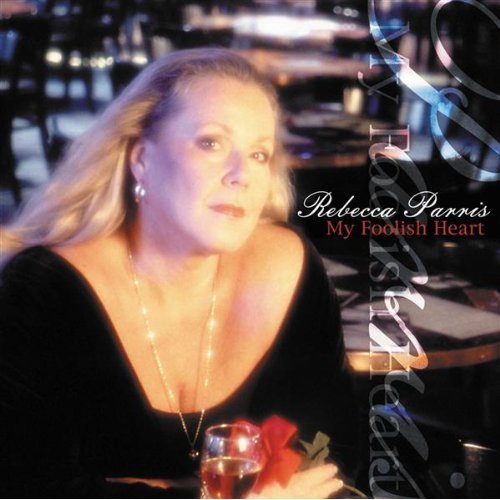Bobby Durham, Massimo Faraò, Lorenzo Conte - Relaxin' Jazz: Romantic Melody, Vol. 4 (Piano Trio, Stardust) (2011)
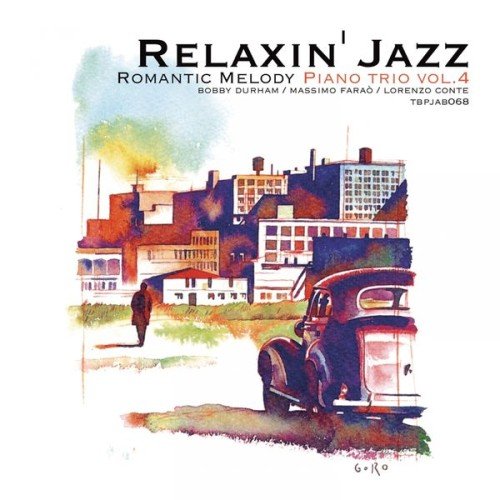
Artist: Bobby Durham, Massimo Faraò, Lorenzo Conte
Title: Relaxin' Jazz: Romantic Melody, Vol. 4 (Piano Trio, Stardust)
Year Of Release: 2011
Label: Blue music
Genre: Jazz
Quality: FLAC (tracks)
Total Time: 00:53:55
Total Size: 290 MB
WebSite: Album Preview
Tracklist:Title: Relaxin' Jazz: Romantic Melody, Vol. 4 (Piano Trio, Stardust)
Year Of Release: 2011
Label: Blue music
Genre: Jazz
Quality: FLAC (tracks)
Total Time: 00:53:55
Total Size: 290 MB
WebSite: Album Preview
1. L'amour Est Bleu (Love Is Blue) 03:43
2. La reine de saba 03:51
3. Adoro 05:25
4. More 04:52
5. Three Coins in the Fountain 04:48
6. A Summer Place 04:59
7. When You Wish Upon a Star 04:40
8. Fascination 03:10
9. Moon River 04:03
10. Some Enchanted Evening 04:43
11. Till 04:42
12. Stardust 04:59
The middle of three musical sons born to a Dust Bowl dirt farmer, Bobby Durham remains one of the last performers from the golden days of the Bakersfield sound.
Launching his music career at the age of 11, Durham appeared five days a week on a TV show hosted by vocalist Billy Mize. Performing as a soloist, or with younger brother Wayne, on local country music TV shows, including Town Hall Party, Hometown Jamboree, and Trading Post, before entering his teens, Durham joined Cousin Ebb's Squirrel Shooters, the house band for the Pumpkin Center Barn Dance in 1953. He went on to play with Jolly Jody and the Go-Daddies while still in high school, and later, with Gene Davis' Palomino Riders, the house band at the Palomino Club in Los Angeles. Signed to Capitol Records, he recorded a series of singles, including a version of Merle Haggard's first original song, "My Past Is Present," and a self-titled album, produced by Chet Atkins, in 1968.
When none of the recordings provided a commercial breakthrough, and Capitol declined to pick up an option on his contract, Durham joined the post-Buddy Holly Crickets, remaining with the group for five years.
Booked to perform in Las Vegas, in 1972, Durham continued to perform in the Nevada city for the next 11 years. He owned his own nightclub in Colorado Springs from 1975 to 1978. "I made so much money in Las Vegas," he recalled during a late-'90s interview, that I lost sight of it. Between Vegas and touring and everything else, a 20-year chunk of my life went by in a weekend."
Returning to Bakersfield to help with the care of his ailing mother in 1983, Durham resumed his collaboration with his brother, performing as the Durham Brothers. They made their debut appearance at the Grand Ole Opry a year later.
Durham's music continued to lure new fans. He performed with his band, the Tex Pistols, once a week at Buck Owens' Crystal Palace, and three nights a week at Trout's.
A single, "Do You Still Drink Margaritas," released on the Sugarfoot label, reached the top rung of Australia's country music charts. Unfortunately, the song's message underscored Durham's own struggles with alcohol. Shortly after marrying Tex Pistols vocalist Theresa Spanke in 1985, a conflict escalated to the point where Durham rammed his wife's Corvette into the back of a CHP cruiser. Although they divorced in 1988, they reconciled afterward. ~ Craig Harris
Launching his music career at the age of 11, Durham appeared five days a week on a TV show hosted by vocalist Billy Mize. Performing as a soloist, or with younger brother Wayne, on local country music TV shows, including Town Hall Party, Hometown Jamboree, and Trading Post, before entering his teens, Durham joined Cousin Ebb's Squirrel Shooters, the house band for the Pumpkin Center Barn Dance in 1953. He went on to play with Jolly Jody and the Go-Daddies while still in high school, and later, with Gene Davis' Palomino Riders, the house band at the Palomino Club in Los Angeles. Signed to Capitol Records, he recorded a series of singles, including a version of Merle Haggard's first original song, "My Past Is Present," and a self-titled album, produced by Chet Atkins, in 1968.
When none of the recordings provided a commercial breakthrough, and Capitol declined to pick up an option on his contract, Durham joined the post-Buddy Holly Crickets, remaining with the group for five years.
Booked to perform in Las Vegas, in 1972, Durham continued to perform in the Nevada city for the next 11 years. He owned his own nightclub in Colorado Springs from 1975 to 1978. "I made so much money in Las Vegas," he recalled during a late-'90s interview, that I lost sight of it. Between Vegas and touring and everything else, a 20-year chunk of my life went by in a weekend."
Returning to Bakersfield to help with the care of his ailing mother in 1983, Durham resumed his collaboration with his brother, performing as the Durham Brothers. They made their debut appearance at the Grand Ole Opry a year later.
Durham's music continued to lure new fans. He performed with his band, the Tex Pistols, once a week at Buck Owens' Crystal Palace, and three nights a week at Trout's.
A single, "Do You Still Drink Margaritas," released on the Sugarfoot label, reached the top rung of Australia's country music charts. Unfortunately, the song's message underscored Durham's own struggles with alcohol. Shortly after marrying Tex Pistols vocalist Theresa Spanke in 1985, a conflict escalated to the point where Durham rammed his wife's Corvette into the back of a CHP cruiser. Although they divorced in 1988, they reconciled afterward. ~ Craig Harris
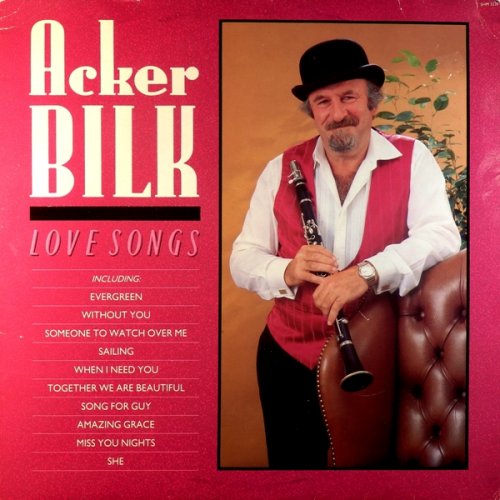
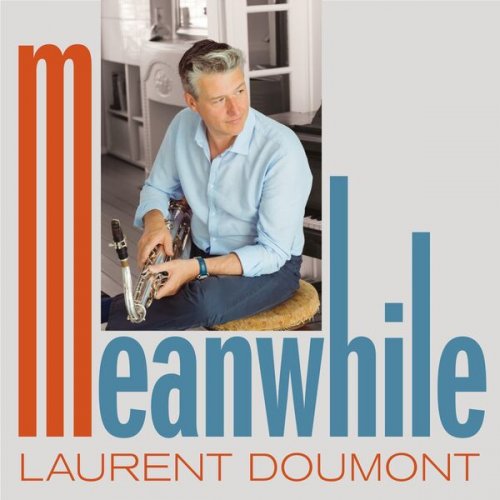
![Jeremy Pelt - Our Community Will Not Be Erased (2026) [Hi-Res] Jeremy Pelt - Our Community Will Not Be Erased (2026) [Hi-Res]](https://www.dibpic.com/uploads/posts/2026-02/1771945030_folder.jpg)
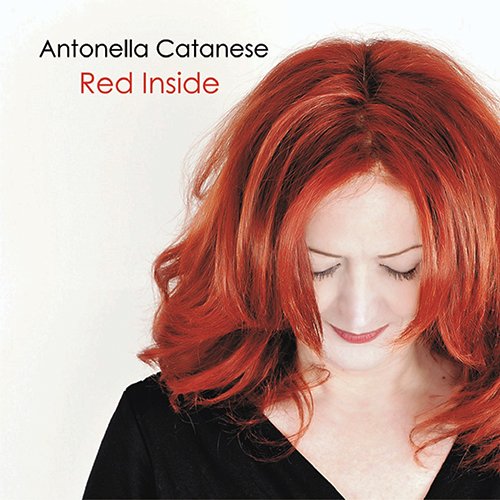
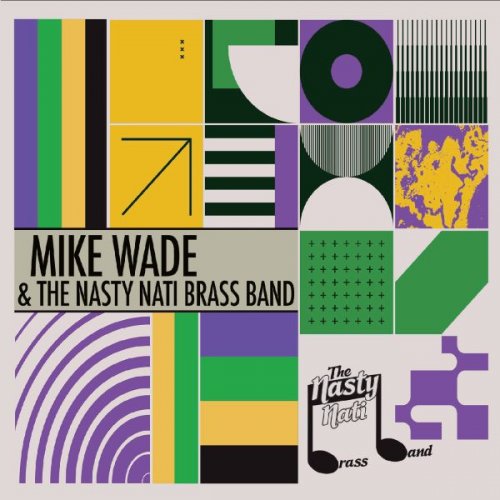
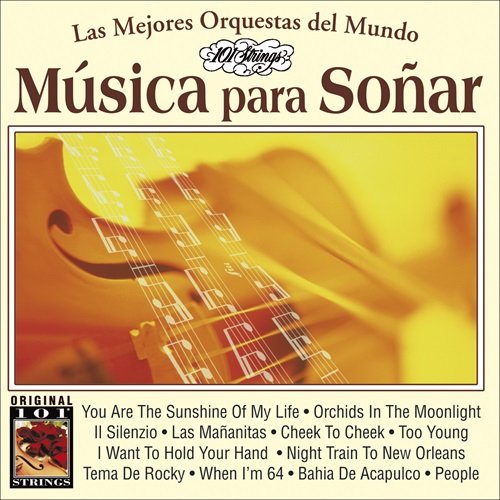
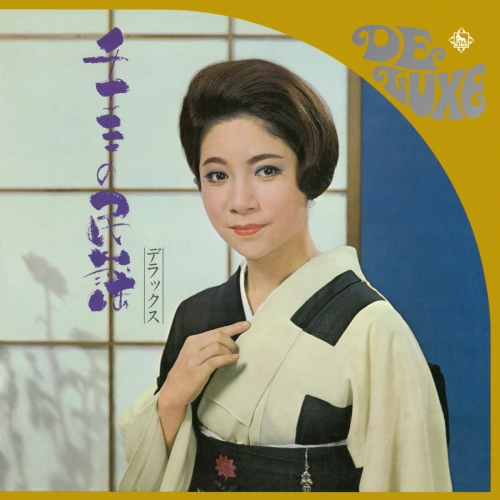
![El Calefón - Salir Del Agujero (2026) [Hi-Res] El Calefón - Salir Del Agujero (2026) [Hi-Res]](https://img.israbox.com/img/2026-02/26/sm3fq4x280rjvn4eh85ksne6j.jpg)
